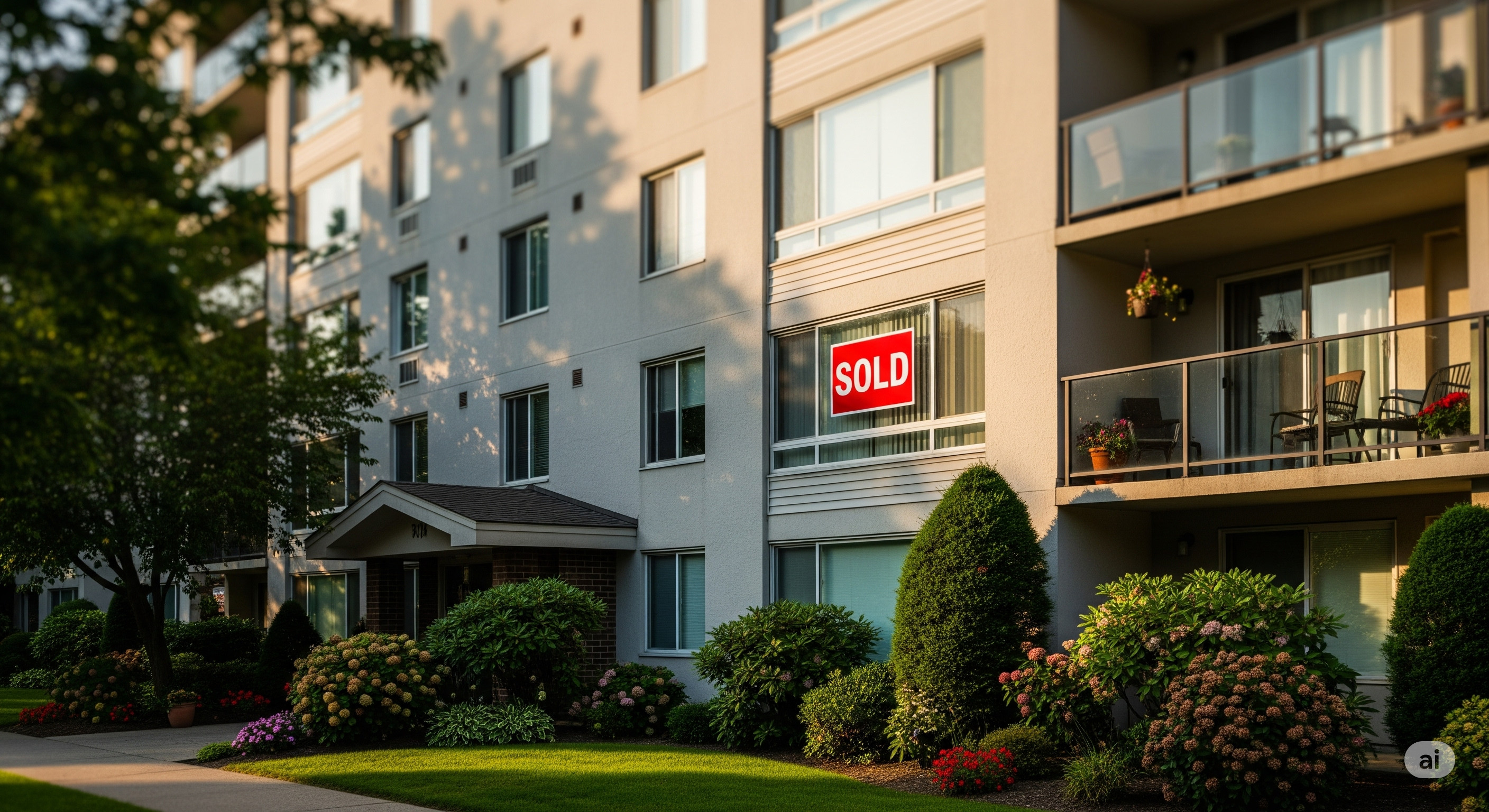Condominium assemblies are crucial for the management of a condominium. They address topics such as repairs, budget approval, and regulation changes. To validate decisions, it’s essential to understand the different voting methods outlined in the Portuguese Civil Code. Let’s explore the main types of voting and their rules.
Types of Voting in Condominium Assemblies
There are different types of voting depending on the importance and impact of the decision. The main ones are:
- Simple majority
- Absolute majority
- Double majority
- Unanimity
1. Decisions by Simple Majority
A simple majority is sufficient for decisions with less impact, such as:
- Approval of minor expenses.
- Choosing suppliers.
- Electing the condominium administrator.
How it works: A decision is approved if it receives more favorable than opposing votes, counting only those present at the assembly.
2. Decisions by Absolute Majority
More significant decisions, such as approving the annual budget or carrying out repairs, require an absolute majority.
- Annual condominium budget.
- Ordinary or extraordinary repairs.
- Simple changes to the internal regulations.
How it works: More than 50% of the votes must represent fractions corresponding to the total value of the building (horizontal property coefficient).
3. Decisions by Double Majority
A double majority is required for more complex decisions involving significant changes, such as:
- Carrying out repairs that modify common areas.
- Installing equipment such as solar panels or elevators.
How it works: Two cumulative criteria are needed:
- An absolute majority of votes from those present at the assembly.
- A majority representing two-thirds of the total building value.
This type of majority is particularly relevant for decisions that directly impact the structure or use of the condominium's common areas.
4. Decisions by Unanimity
Unanimity is required for high-impact decisions, such as:
- Changing the title deed of horizontal property.
- Changing the purpose of fractions (e.g., converting residential units to commercial use).
How it works: All residents must agree to the decision. The absence or abstention of any resident can invalidate approval.
Required Quorum for Assembly Validity
The quorum refers to the minimum number of residents present or represented for the assembly to be valid. The rules are:
- First call: More than 50% of the total building value must be represented.
- Second call: The assembly can proceed with any number of residents present, but decisions must still meet the specific quorums for each vote.
Summary Table
| Type of Voting | Requirement | Example |
|---|---|---|
| Simple Majority | More votes in favor than against | Changing the cleaning company |
| Two-Thirds | 67% of the total building value | Non-urgent repairs in common areas |
| Double Majority | >50% of those present + property value fractions | Installing an elevator |
| No Opposition | No one votes against | Hiring a new electricity provider |
| Unanimity | Approval by all residents | Changing the title deed |
Forms of Participation in Voting
Residents can participate in voting in various ways:
- In person: Attending the assembly.
- By proxy: A representative can vote on behalf of an absent resident.
- By correspondence: Sending the vote in advance, as per the condominium regulations.
Common Challenges and Solutions
Frequent issues in assemblies include:
- Lack of quorum: Solution: Schedule a second call.
- Conflicts among residents: Solution: Mediate and consult the internal regulations.
- Interpreting rules: Solution: Seek advice from a specialist or lawyer.
Conclusion
Understanding the types of voting and their respective quorums is essential to ensure legitimate decisions in condominium assemblies. From simple majority to unanimity, each modality has a specific role in condominium management. If you have doubts, consult your condominium's regulations or seek specialized legal guidance.
Note: This article is based on the Portuguese Civil Code and common condominium management practices. For specific issues, it is advisable to consult a lawyer.



